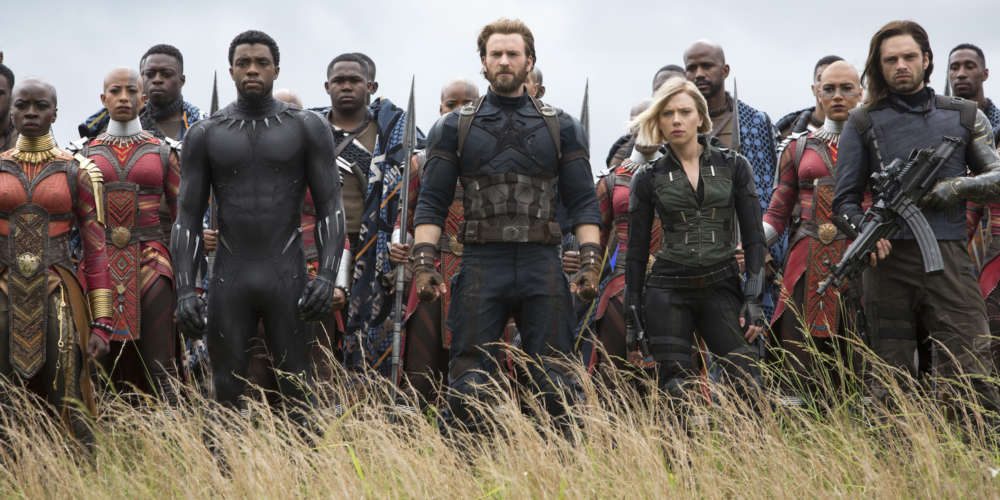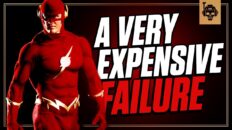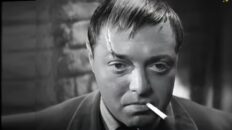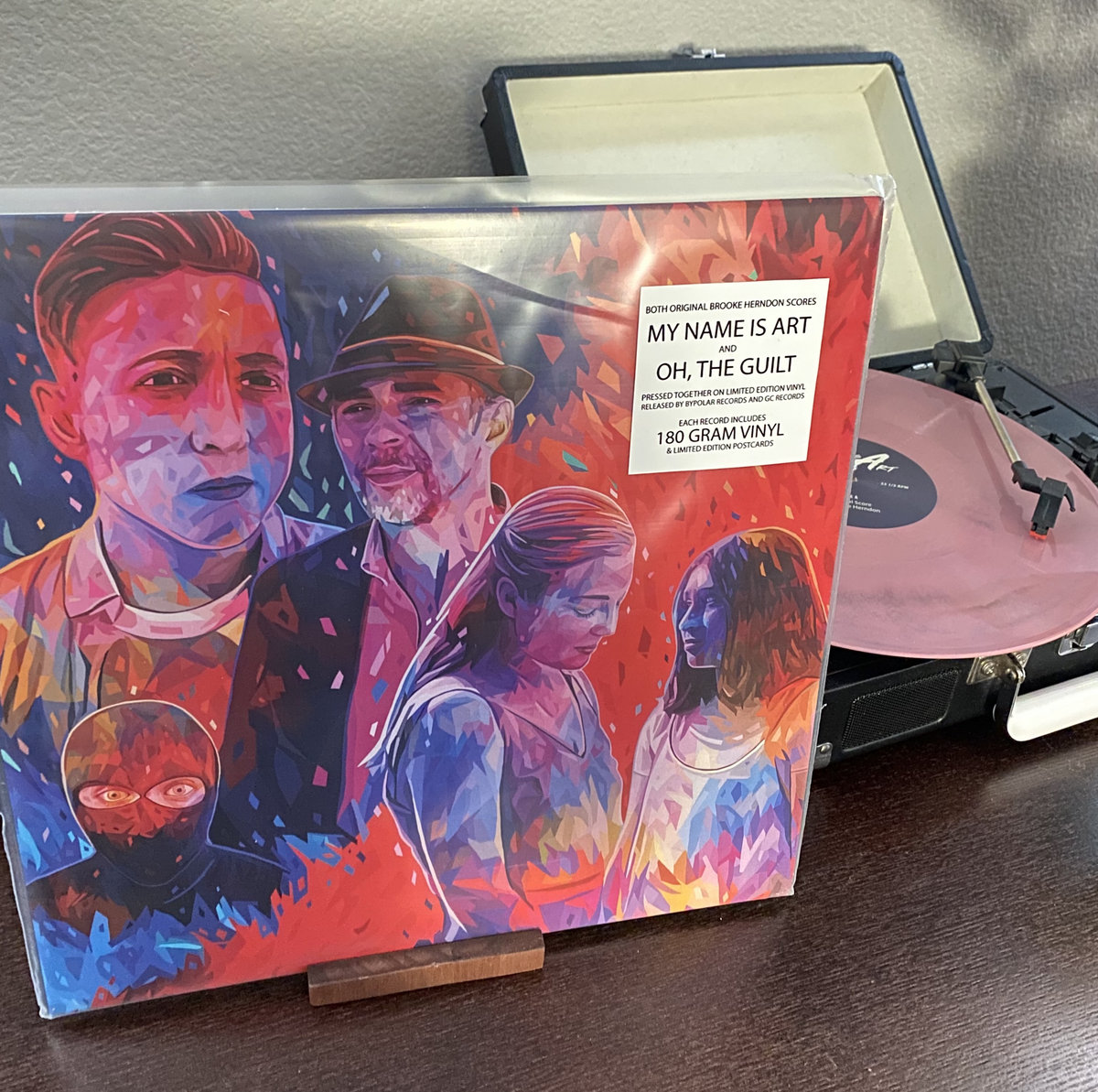Okay, now that it’s just us folks who have seen Infinity War, let’s dig in. I loved this movie. It was as funny as Thor: Ragnarok (which I think is the funniest Marvel film so far, even more than the Guardians films) and as emotionally resonant as Black Panther (which I think is the heaviest, deepest film in the MCU given the tragedy of its villain) while giving all the characters we’ve come to know and love a chance to shine.
I also think they did a really interesting job of pairing characters from the different franchises together. As an example, I thought the interaction between Strange, Peter, and Tony created a perfect focal point for Tony’s emotional fragility and hero complex. Strange is, with the exception of Vision, perhaps, the most even-keeled of the Avengers. He’s the least likely to let emotions get in the way of duty and higher purpose, he’s the one who would sacrifice the one for the needs of the many. Peter is eager to prove himself, especially to Stark, a man he has adopted as his surrogate father. Tony, on the other hand, is a deeply damaged individual, prone to emotional decisions and a deep, deep sense of responsibility for when things go wrong. The contrast couldn’t be more pronounced than in this group. Adding Peter Quill into the mix as another strong–but ultimately infantile–personality emphasizes that the real difference in these scenes is between how the adults (Strange and Stark) are behaving.
But I don’t want to dig too deeply into what the movie did right; I don’t have enough digital ink to spare for an article that long. What I want to talk about is what I think is the film’s fatal flaw: it didn’t stick the landing. Don’t get me wrong, the end was an emotional roller coaster as half the Avengers wink out of existence one-by-one. I held my breath as the camera panned back and forth waiting to see who would disappear in a poof of dust. It hit hard…for about 45 seconds. Before I even had a chance to really feel the impact of these deaths, the gears in my head immediately began turning. Isn’t there a Black Panther 2, Guardians of the Galaxy 3, and Spider-Man 2 coming in the next two years? Aren’t there talks for a Dr. Strange 2? And isn’t Sebastian Stan on contract for like three more Marvel movies as Bucky Barnes? In other words, almost everyone who just died is a character we know for sure is going to be back for a future movie, but for the very unlikely outcome that Marvel is going on a prequel spree.
The nearest cinematic comparison to this I can think of comes from those awful Star Trek reboot movies (yes, I hate all of them, though I admit the casting of them is absolutely fantastic). Star Trek: Into Darkness committed the same sin with its hackneyed re-imagining of the Spock-Kirk-Khan interaction that resulted in Kirk’s death in the reboot (it was Spock who died in the original). The difference here was that in the original, Spock was left dead at the end of the movie with no real pathway to bring him back. It hit hard, and I still remember the first time I heard Kirk’s eulogy of Spock at the end. In the reboot, a cure for death was already foreshadowed earlier in the film, so as soon as Kirk died (and oh-my-gosh-what-a-twist, this time it was Kirk and not Spock, how novel!), the entire audience thought “Oh wow, how inconvenient, now Spock has to run all the way to the other side of the ship to get that death cure thing to bring him back…” It had all the emotional resonance of a tennis ball. That film did a terrible job of ramping up the emotional climax and creating exactly zero tension.
It’s too bad too, because Infinity War does a fantastic job of building tension and the emotional weight of everything that’s happening to the point where the audience was primed for a big ending. Instead, I think the biggest, hardest hit came at the very beginning when Loki is (probably) killed by Thanos. Loki likely could have talked his way into joining Thanos. Dialogue manipulation is basically his super power, and it wouldn’t be at all out of character. Instead he dies proving that his turn at the end of Thor: Ragnarok was real, and he really was willing to risk death to protect both his brother, his people, and ultimately the universe from Thanos acquiring the space stone. And since it was so early and we didn’t understand what was happening, it seemed likely the death would be permanent. I felt the same way when Gamora died, and that scene built the tension wonderfully until it dawned on the audience (and Gamora) that she would really die, with no last-minute rescue.
For me, the gut punch that could have come at the end of the movie was pulled because I instantly knew there would be no real consequences, and that the next movie wouldn’t be a question of who comes back, or if someone comes back, but how they come back. Unlike the earlier deaths in the film, it was immediately clear that this was more of an obstacle, like half the cast being put in time out, rather than taken out for good. I think it will be interesting if they decide to leave dead the characters who died at Thanos’ hand and not as a result of the finger snapping. This would leave Loki, Gamora, and Vision dead while restoring the others.
I think it’s interesting that they essentially reverted the cast back to the original Avengers (plus Rocket, strangely) plus some new support staff. And while I think it was bold to kill Strange, because he would have been a much easier vehicle toward undoing all of this given his skillset, I don’t think that was worth the missed opportunity. I’m sure I will still be hit hard by the eventual, permanent deaths to follow in the next film, when some of those same original Avengers are retired (after one last ride together!) forever, it’s going to be a bit tainted by the feeling that the whole thing was a bait and switch.
The irony here for me is that I’ve long hated Joss Whedon’s (the original Avengers director) now cliched tendency to kill off a major character in every one of his films and movies. I always thought it was a cheap way to extract an emotional response since it’s easier to destroy something your audience has fallen in love with than to get it any other way. But honestly, it would have been impossible in this movie to believe that every character could come out alive, and killing one of the major characters knowing he would likely stay dead (as anyone who has watched a Whedon-verse production is aware of their permanence) would have been preferable and far more well-earned than killing off half the cast knowing they’d all likely be resurrected. Damn you, Whedon.
So yes, while Avengers: Infinity War was a great movie I plan to re-watch at least two more times to catch all the things I missed and to geek out over, I have to wonder at the choice to completely whiff on the emotional pinnacle of the film. I can only hope that in the next film, where it will be much easier to part with the franchise’s long-time (and very weary) stars, the writers are a bit more thoughtful on who to kill and how to kill them. And I hope they respect the audience enough to give them at least some closure as the first real book of the series draws to a close and the first chapter of the second book begins.









